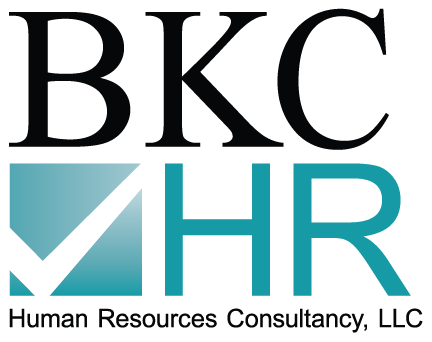 INDIVIDUALS
INDIVIDUALS
This past July, the Obama Administration announced a delay in the compliance with the employer mandate provisions of the Patient Protection and Affordable Care Act (ACT) from January 1, 2014 to January 1, 2015. This covers employers who have over 50 full-time equivalent employees. However, the compliance date for the individual Minimum Essential Coverage is still January 1, 2014.
Starting January 1, 2014, virtually all U.S. citizens and legal residents must have minimal health insurance coverage on a continuous basis (lapses of coverage that are three months or less do not disqualify the individual). Insurance coverage can come from the following sources:
- Medicare or Medicaid or other Government sponsored plan
- Employer sponsored plans
- Individual insurance policies purchased through newly established state insurance exchanges (employers with less than 50 full-time equivalent employees can enroll, starting on October 1, 2013, in the exchanges)
If an individual (including their spouse and minor children) does not have minimum essential coverage, they are subject to a penalty known as a “shared responsibility payment”, which will be assessed on the individual’s Form 1040. This penalty is assessed on a monthly basis and will be phased in from 2014 through 2016. For 2014, the penalty will be the greater of $95 per person or 1% of household income (modified adjusted gross income). By 2016, the penalty will be the greater of $695 (half price for children) or 2.5% of household income.
To help individuals get minimum essential coverage, each state is required to set up an insurance exchange (depending on the cooperation of each state, the exchange may either be run by that state or by the Federal government). An individual or family that must use the state insurance exchange in order to get minimum essential coverage, and has an income between 100% and 400% of the Federal poverty level (which is $44,000 for an individual and $88,000 for a family), the IRS will issue a refundable premium assistance tax credit to the individuals to help them purchase the health insurance.
SMALL EMPLOYERS
Since 2010, certain small employers could get a 35% tax credit (25% for tax-exempt organizations) for health care premiums. Starting in 2014, the maximum tax credit goes up to 50% of health insurance premiums (35% for tax-exempt organizations). To be eligible for the credit, the employer must purchase their health insurance through the state insurance exchange (the program is known as Small Business Health Options Program, or SHOP). The tax credit will be available to employers for two consecutive tax years. The 2010-13 tax credit qualification rules still apply to get the 2014 and subsequent years’ credit:
- Must employ less than 25 full-time equivalent employees.
- The employees’ average annual wages are less than $50,000 (as adjusted for inflation in 2014), and
- The business pays for at least 50% of the employees’ self-only premium costs.
OCTOBER 1, 2013 DEALINE FOR NOTICES TO EMPLOYEES
Additionally, all employers that have at least one employee and $500,000 in annual revenue must send a notice, as prescribed by the U.S. Dept. of Labor, to all employees, whether they are covered or not by insurance, informing them about the new public health insurance exchanges. This disclosure must be made by October 1, 2013, and mention the existence of the exchange, a description of the services provided by the exchange, how to contact the exchange for assistance, the employee’s potential eligibility for subsidized coverage on the exchange, and the fact that the employee may lose the possibility of employer contribution toward health insurance coverage if he or she purchases insurance on the exchange.
If you have any questions about the 2014 changes in the health care rules for individuals or for small businesses, please contact Andrew Ross, CPA at Bedard, Kurowicki & Co., CPA’s, P.C. at 908-782-7900 or visit www.bkc-cpa.com.




